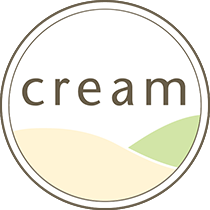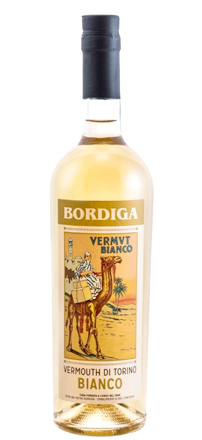Bordiga Bianco Vermouth di Torino (36 proof)
Item Number: 17450
UPC: 8-000679006152
Country: Italy
Region: Piedmont
Sub Region: Torino
Appellation/AVA: Torino
Estate Grown Wine: No
Grape(s): Piedmontese White Grapes / Botanical Infusion
Type: Wine - Vermouth & Aromatized
Bottle Size: 750 ml
Pack: 6
Closure: T Top
Alc by Vol(%): 18
Bordiga is different from many of the vermouth labels sold today because they produce the vermouth themselves. They don’t buy it from a producer, and they’ve been producing quality vermouth for over a hundred years. The winery says, "Bordiga is a producer, not a label," and "Tradition is our present, and our future."
This classic vermouth is based on Piedmontese white wines and infused with a wide range of different botanicals, many of them grown in the Occitan Alps near the winery. The flavor of this vermouth is complex and vivid. Some vermouths taste strongly of a single botanical, but the interplay of components here is distinctive and delicious.
Production Details: The base wine is Piedmontese white wine, both non-aromatic and Moscato, and the alcohol is triple-distilled grain alcohol completely neutral in flavor. At least 30 botanical flavorings are used including exotic plants like nutmeg and coriander, typical Italian plants like fennel seed, typical Piedmontese plants such as wormwood (locally referred to as Erba Bianca, botanically Artemisia absinthium), and exclusive Piedmontese Alps plants such as gentian root (Gentiana lutea) and gentian flowers (Gentiana acaulis). These last are collected wild by hand in the mountains (not cultivated) and allowed to dry at altitude (they keep their aromas better this way). The gentian roots are collected in autumn after the flowers have faded, and the gentian flowers are collected in the spring, shortly after the last snows have melted.
The botanical flavorings are macerated in pure grain alcohol that has been distilled three times for purity. They are infused individually, not all together, because different botanicals have different requirements for the best extraction of essential oils. Once all the extractions have been done, the infusions are added to the base wine, and the mixture is left for 10 days before the sugar (Italian or French beet sugar) is added; then that mixture is left for 5-6 days before being cold stabilized. In the old days, cold stabilization was achieved by moving the tanks outside during the winter, but nowadays is done in a refrigerated tank. The vermouth is bottled after a few days; after another month, it’s ready to drink.


